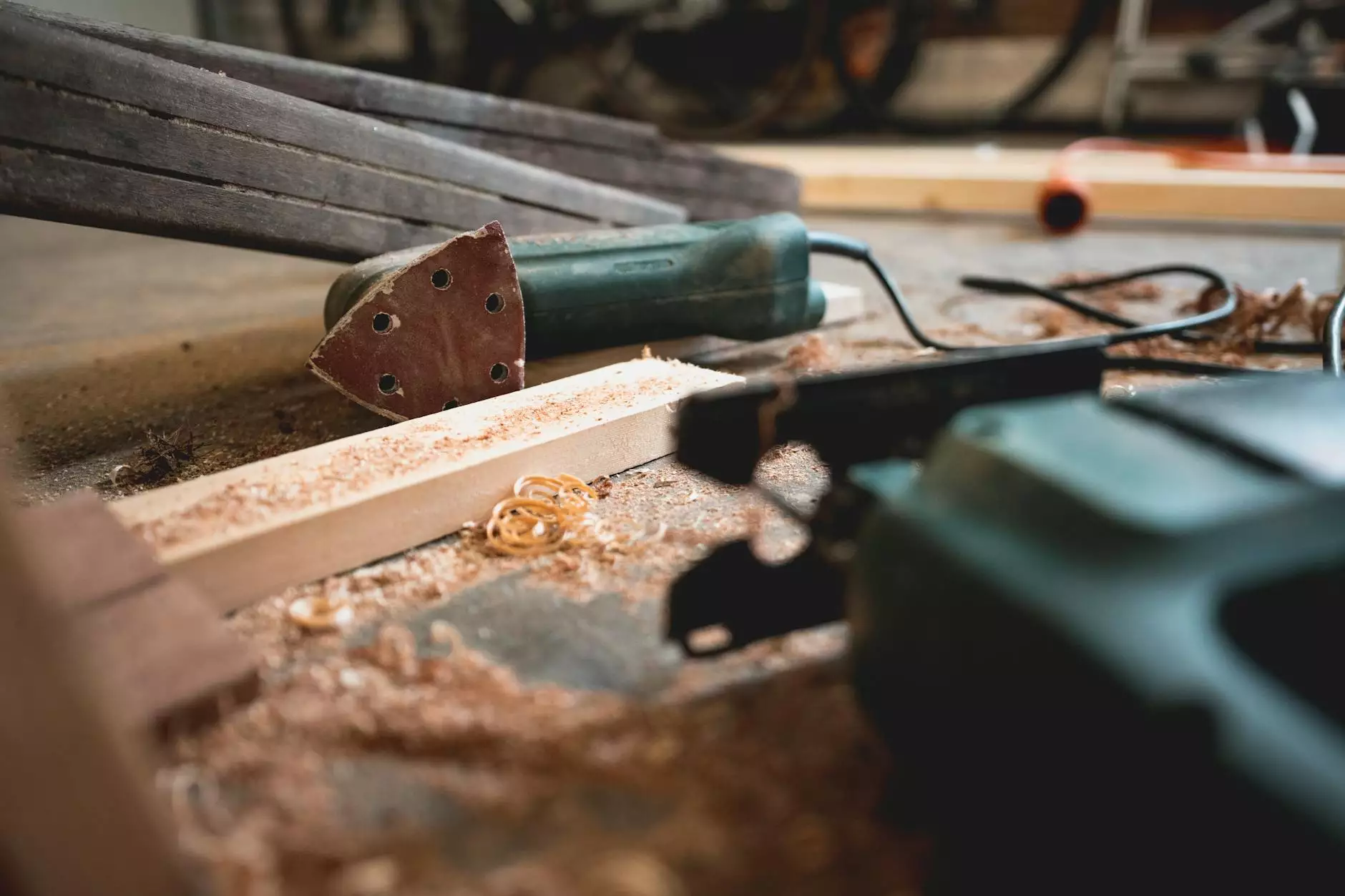Choosing the Right Timber Merchant and Wood Supplier for Your Projects

When it comes to sourcing materials for construction, renovation, or even simple home improvements, the importance of selecting a reliable timber merchant and wood supplier cannot be overstated. The right supplier not only provides quality products but also supports your project’s success through excellent service and sustainability practices. In this article, we will delve into the key aspects of choosing a timber merchant and highlight the various types of wood products available, including firewood.
Understanding Timber Merchants and Wood Suppliers
Timber merchants and wood suppliers play a critical role in the construction industry. They source, process, and distribute timber products to builders, contractors, and DIY enthusiasts. Here are some fundamental facts about timber merchants:
- Types of Products Offered: Timber merchants provide a wide array of wood products, ranging from structural timber to decorative woods.
- Service Options: Many suppliers offer additional services such as cutting, planing, or treatment of timber.
- Quality Assurance: Leading suppliers are committed to providing high-quality timber that meets industry standards.
Why Quality Matters in Timber Supply
The quality of timber can significantly affect the durability, aesthetics, and overall success of your project. Here are some factors to consider:
1. Sourcing Practices
The best timber is sourced from responsibly managed forests. Look for suppliers who are certified by organizations such as the Forest Stewardship Council (FSC) or the Programme for the Endorsement of Forest Certification (PEFC).
2. Product Variety
A reputable timber merchant will offer a broad range of wood species and forms. Here are some common types you might find:
- Softwood: Often used in construction, softwood is widely available and affordable.
- Hardwood: Known for its durability and beauty, hardwood is ideal for fine furniture and cabinetry.
- Engineered Wood: Products like plywood and MDF are versatile for various applications.
3. Moisture Content
The moisture content of timber can influence its performance. Properly dried timber minimizes warping or cracking. Always inquire about the moisture levels in the products you are considering.
Key Considerations When Choosing a Timber Merchant
Here are essential aspects to evaluate when selecting a timber merchant:
1. Reputation and Experience
Research potential suppliers. Reviews, testimonials, and industry reputation are good indicators of reliability.
2. Customer Service
Excellent customer service includes prompt responses, knowledgeable staff, and a willingness to assist with finding the right products for your needs.
3. Location
Choosing a local supplier can reduce transportation costs and times, and help your project adhere to strict deadlines.
4. Delivery Options
Understand the delivery services offered by your timber merchant. Reliable delivery is crucial for project scheduling.
5. Pricing
While price shouldn’t be the sole determining factor, it’s important to get quotes from multiple suppliers to ensure you’re getting a fair deal. Remember, quality timber may come at a slightly higher price but can save money in the long run through durability and performance.
Exploring Wood Products: A Focus on Firewood
When considering timber merchants, it's vital to also think about specialty products like firewood. The choice of firewood can impact energy efficiency, heat output, and even the flavor of food when used for cooking. Here’s what you need to know:
1. Types of Firewood
There are primarily two categories of firewood:
- Hardwood: Burns longer and produces more heat. Ideal for heating your home.
- Softwood: Lights quickly and burns faster. Great for kindling or outdoor fires.
2. Seasoning Firewood
Always choose seasoned firewood. Well-seasoned wood has been dried and contains a lower moisture content, resulting in a hotter, cleaner burn.
3. Environmental Impact
Opt for suppliers that source firewood sustainably. Look for certifications or ask about their practices.
Benefits of Building Relationships with Timber Suppliers
Creating a lasting relationship with your timber supplier can benefit your projects in several ways:
1. Customized Solutions
Long-term relationships often lead to tailored solutions based on your specific needs, project history, and budget.
2. Consistent Quality
A trusted supplier will provide consistent quality across all orders, leading to better results in your projects.
3. Knowledge Sharing
Experienced timber merchants can offer invaluable advice regarding wood selection, project planning, and best practices.
Technology and the Future of Timber Merchants
As the industry evolves, technology plays an increasingly important role. Here are some trends to watch:
1. Online Sales
Many timber merchants are enhancing their online presence, offering easier ordering processes and virtual consultations.
2. Sustainability Innovations
Technological advancements are helping suppliers provide sustainably sourced products, ensuring ecological balance and responsible forestry.
Conclusion
In conclusion, selecting the right timber merchant and wood supplier is a foundational step to ensure the success of your building or renovation projects. By considering product quality, service options, reputation, and even specialty products like firewood, you can make informed decisions that benefit both your immediate needs and the environment.
Make sure to conduct thorough research and establish strong relationships with suppliers who prioritize quality and sustainability. Doing so will not only enhance the quality of your projects but also contribute to a more sustainable future in construction and wood utilization.
https://woodtraderssro.com/product-category/firewood/








